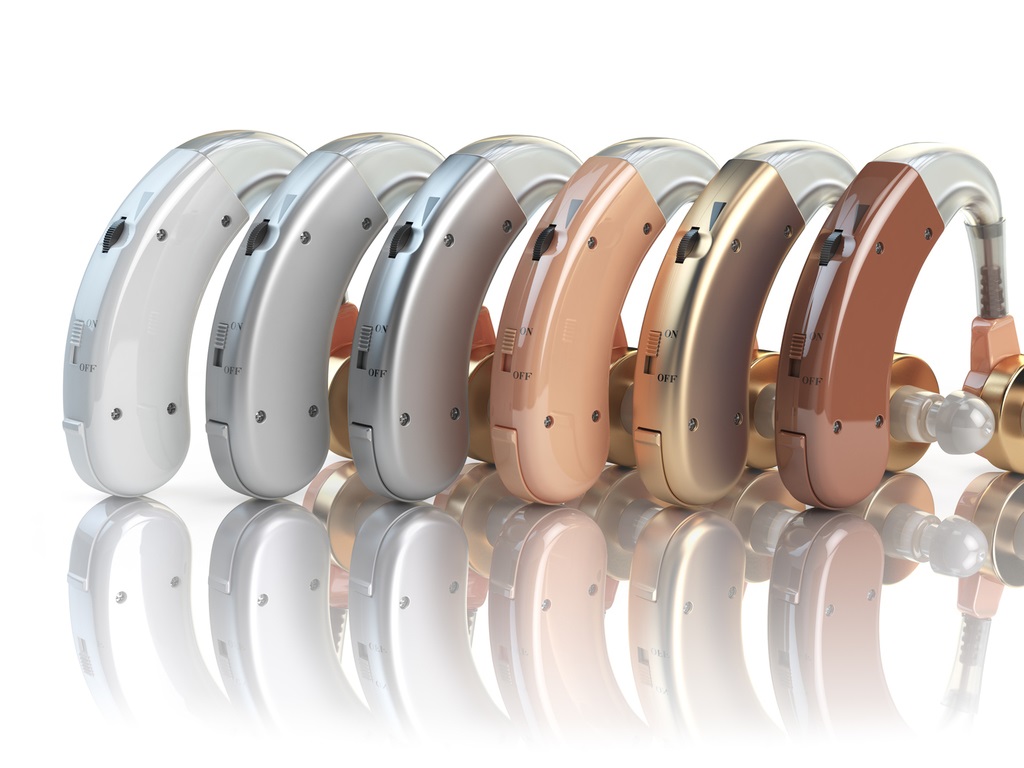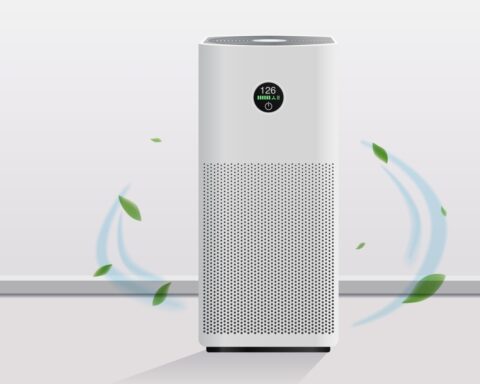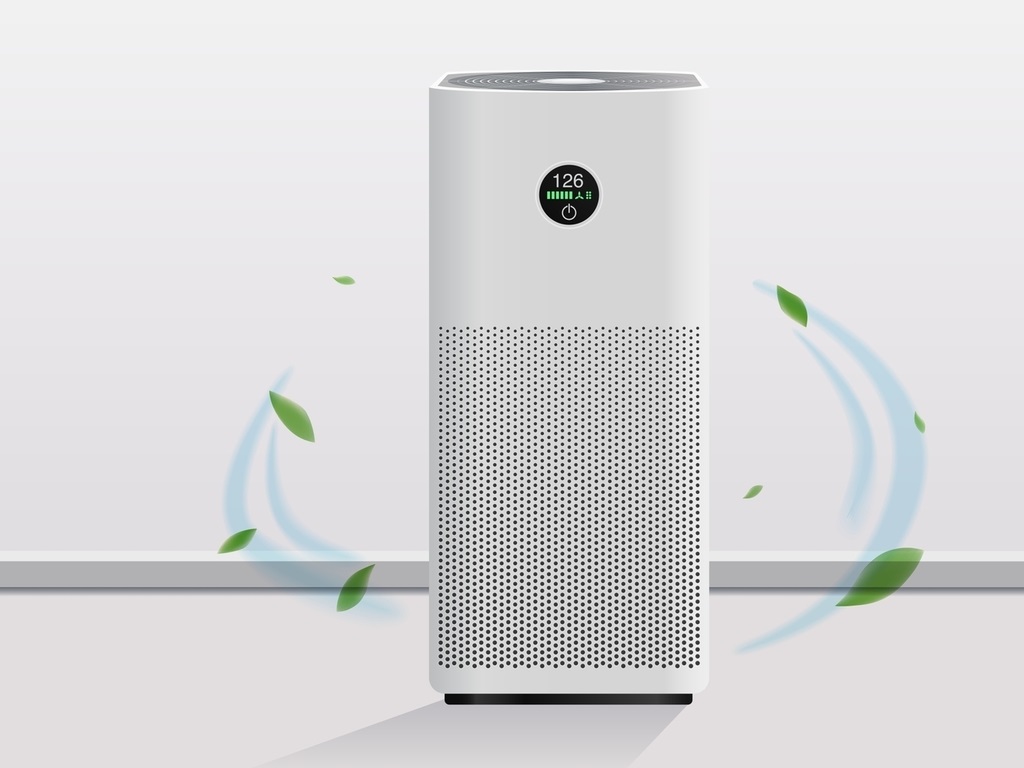OTC hearing aids have gained popularity as an accessible and affordable solution for individuals with hearing loss. However, before making a purchase, it is important to take several factors into consideration. By understanding these factors, individuals can make an informed decision and choose the right OTC hearing aid for their needs.
This article explores key considerations when buying OTC hearing aids, ensuring that individuals have the necessary information to make the best choice.
Severity of Hearing Loss:
Before purchasing an OTC hearing aid, individuals should determine the severity of their hearing loss. OTC hearing aids are generally suitable for mild to moderate hearing loss. In cases of severe hearing loss, it is advisable to seek guidance from a professional audiologist who can conduct a comprehensive evaluation and provide recommendations for appropriate hearing aids.
Personalized Fit and Comfort:
One important consideration is the fit and comfort of the OTC hearing aid. Some models offer different sizes or adjustable features to accommodate various ear shapes and sizes. It is important to select a device that fits securely and comfortably in the ear to ensure optimal performance and prevent discomfort or irritation.
Features and Technology:
OTC hearing aids vary in terms of features and technology. Some devices provide basic amplification, while others offer more advanced features like noise reduction, feedback cancellation, and directional microphones. Individuals need to consider their specific hearing needs and preferences to determine which features are necessary for their everyday activities and environments.
Battery Life and Maintenance:
The expected battery life of the OTC hearing aid and the ease of battery replacement are factors to consider. Certain devices may require frequent battery changes, while others offer longer battery life. Assess the maintenance requirements, such as cleaning and repairs, to ensure that the device can be easily managed on a regular basis.
Accessibility of Support and Assistance:
The availability of support and assistance should also be evaluated when purchasing an OTC hearing aid. Some manufacturers offer online resources, customer support hotlines, or in-person consultations. Access to guidance and expertise can be valuable in ensuring proper device setup, troubleshooting, and addressing any concerns that may arise.
Cost and Insurance Coverage:
Comparing the cost of different OTC hearing aids and exploring insurance coverage or reimbursement options is essential. Although OTC devices are generally more affordable than traditional hearing aids, it is important to consider long-term costs, including batteries, maintenance, and potential upgrades. Additionally, individuals should check if their insurance plan provides any coverage for OTC hearing aids or related services.






